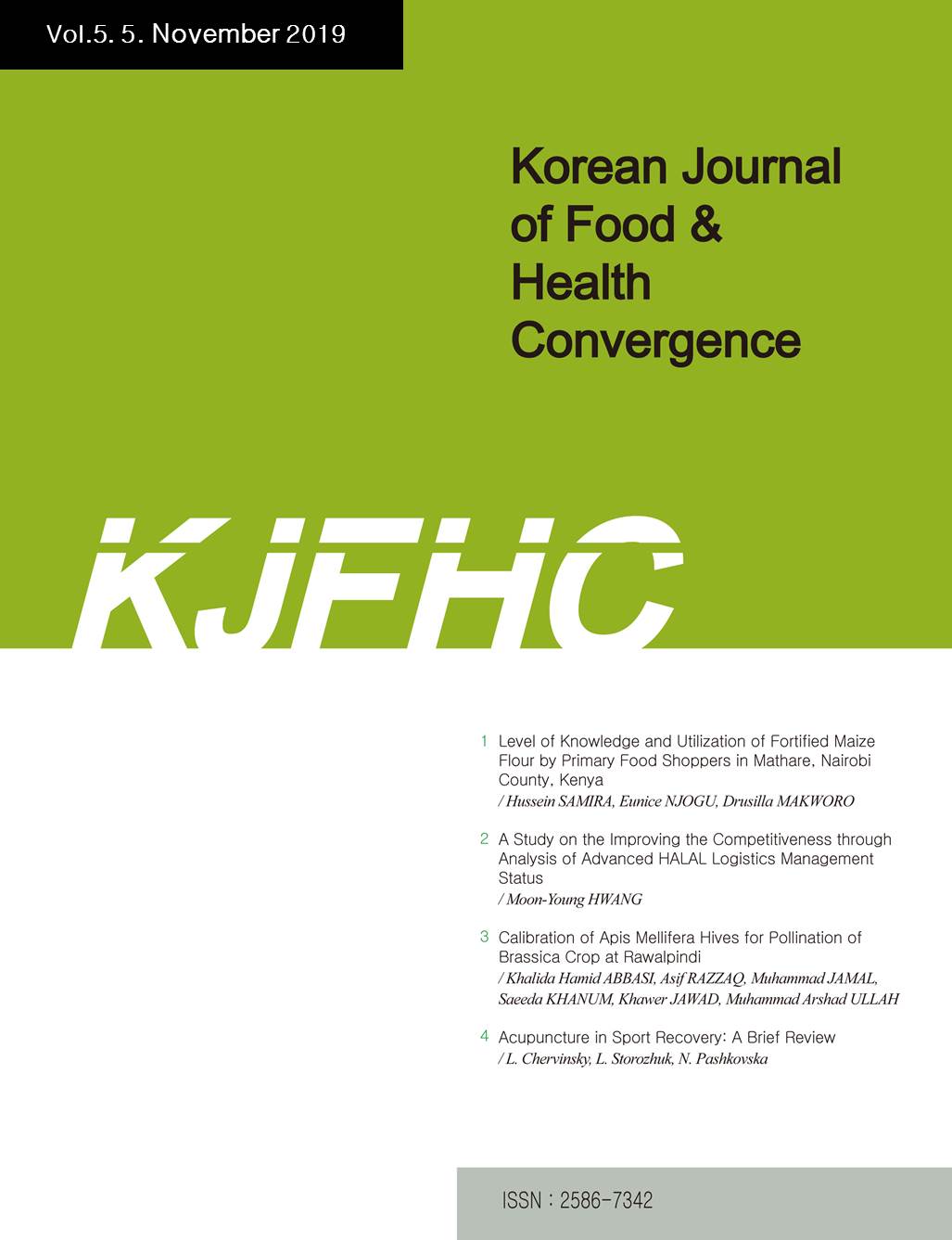 E-ISSN : 2586-7342
E-ISSN : 2586-7342
LEE, Su-Han
Abstract
The purpose of this study is to investigate the ramen selection attributes of consumers. This research assigned taste, price, quantity, design, and brand as selection attributes, all of which have already been verified by previous studies as selection attributes when purchasing processed foods. A total of 500 questionnaires were issued, and the survey results were analysed to ensure validity and reliability. A Structural Equation Model was used to test the hypotheses of the study. Based on the analysis, taste, price, quantity, design, and brand had a statistically significant effect on satisfaction. Furthermore, satisfaction had a statistically significant effect on repurchase intention. Among the selection attributes (taste, price, quantity, design, and brand), only price had a statistically significant effect on repurchase intention. However, the influence of the selection attributes on satisfaction varied depending on the consumer's consumption value. In order to analyse the moderating effect of consumption value, the respondent group was divided into a hedonism group and pragmatism group, and analysed. It empirically proved that the hedonistic value-oriented group valued taste, and the practical value-oriented group valued price the most. This study empirically verified the relationship between ramen selection attributes and consumption value, and provided corresponding theoretical and practical implications.
- keywords
- Instant noodle, Selection attribute, Satisfaction, Repurchase
- Downloaded
- Viewed
- 0KCI Citations
- 0WOS Citations
